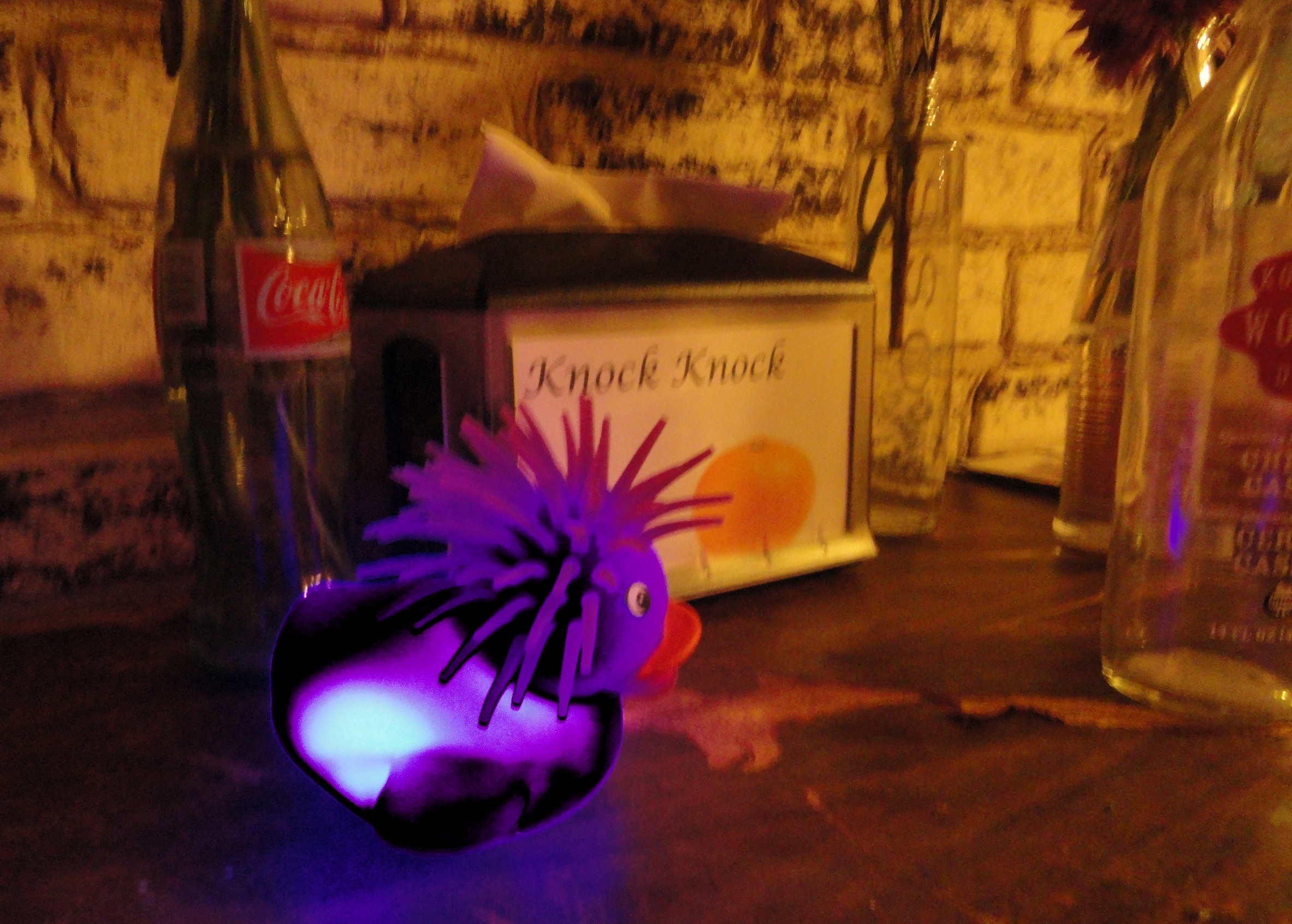Joyce Fetteroll wrote:
To unschool, you begin with your child's interests. If she's interested in birds, you read - or browse, toss aside, just look at the pictures in - books on birds, watch videos on birds, talk about birds, research and build (or buy) bird feeders and birdhouses, keep a journal on birds, record and ponder their behavior, search the web for items about birds, go to bird sanctuaries, draw birds, color a few pictures in the Dover
Birds of Prey coloring book, play around with feathers, study Leonardo DaVinci's drawings of flying machines that he based on birds, watch Alfred Hitchcock's "The Birds."
But
don't go whole hog on this. Gauge how much to do and when by your child's reactions. Let her say no thanks. Let her choose. Let her interest set the pace. If it takes years, let it take years. If it lasts an hour, let it last an hour.
—Joyce Fetteroll
SandraDodd.com/joyce/steps
photo by Sandra Dodd, of a dovecote at a house in France


















